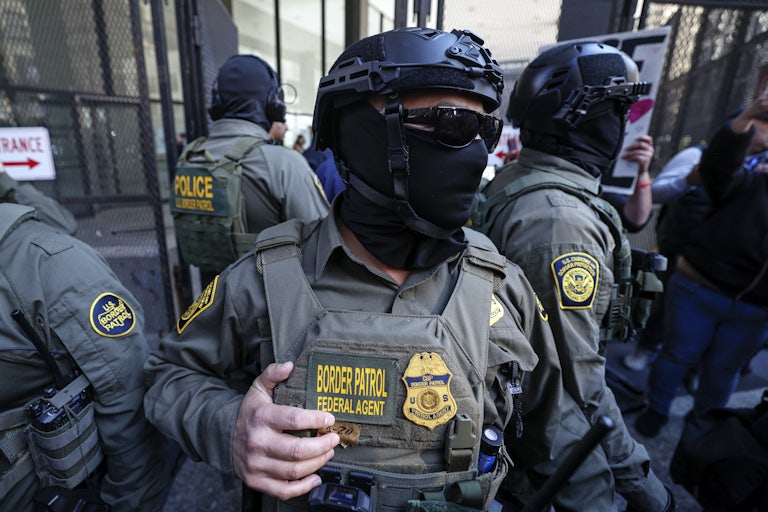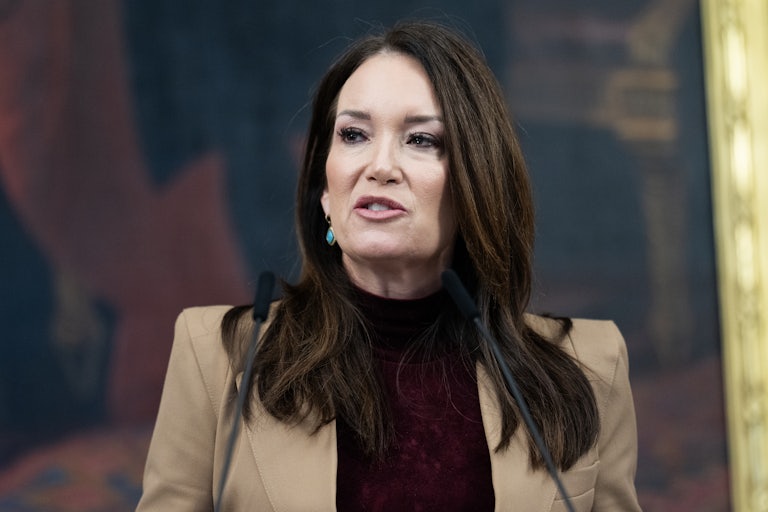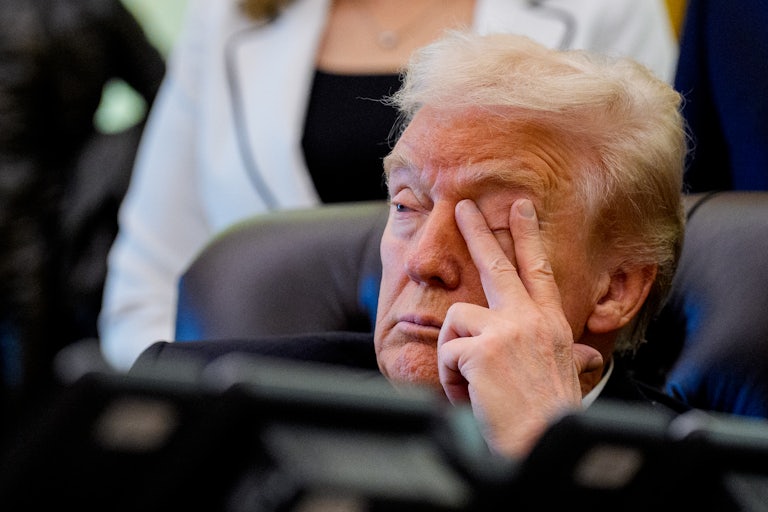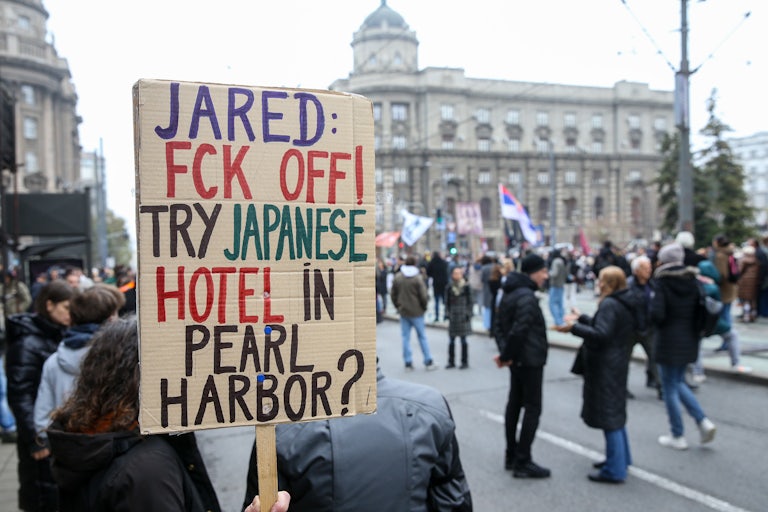Trump’s Boat Strikes Have Cost U.S. Another Crucial Intelligence Deal
Another ally has cut off intelligence sharing with Donald Trump.
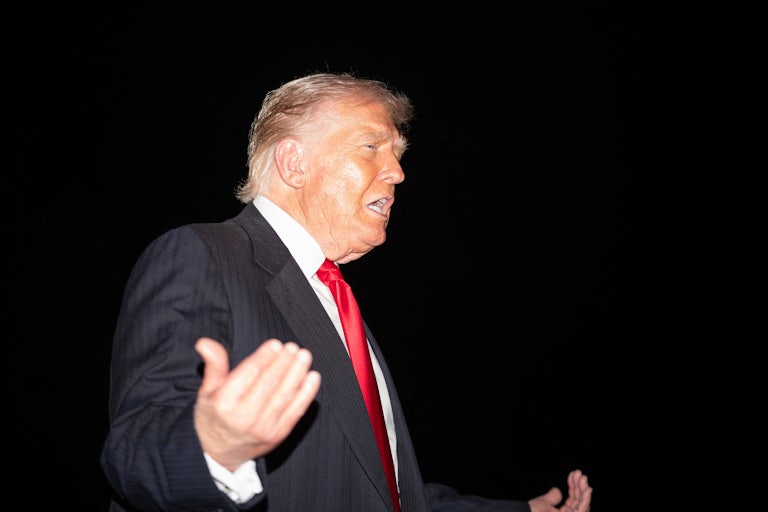
President Donald Trump’s extrajudicial military strikes have cost the United States yet another intelligence ally.
Colombian President Gustavo Petro announced that Bogota would also stop sharing intelligence with the U.S., following a report that the United Kingdom had stopped sharing some intelligence tracking vessels in the Caribbean.
“Issue the order to all levels of the public security forces’ intelligence to suspend the sending of communications and other dealings with U.S. security agencies. Such a measure will be maintained as long as the missile attack on boats in the Caribbean persists,” Petro wrote on X Tuesday. “The fight against drugs must be subordinated to the human rights of the Caribbean people.”
Historically, the U.S. would use intelligence from its foreign allies to identify vessels that could be involved in drug trafficking. Those boats would be stopped by U.S. officials, boarded, and searched. But recently, Trump has opted to just blow them up, killing dozens of crew members and violating international law.
This isn’t the first time Petro has weighed in on this issue. Last month, Petro took to social media to accuse Trump of murder after a military strike on a Colombian vessel, claiming that the September attack had killed a lifelong fisherman. “U.S. government officials have committed a murder and violated our sovereignty in territorial waters,” Petro wrote.
Petro has emerged as an outspoken critic of Trump and his administration, as the U.S. president has called him “an illegal drug leader” and cut off foreign aid to Colombia. At the United Nations earlier this year, Petro compared Trump to Hitler. Last week, during the COP30 climate talks in Belém, Brazil, Petro joined other world leaders in rebuking the absent Trump, saying: “Mr. Trump is against humankind.”
Democrats had previously warned that Trump’s boat strikes and escalating rhetoric against Petro could cost the U.S. one of its main allies in the Western hemisphere.





